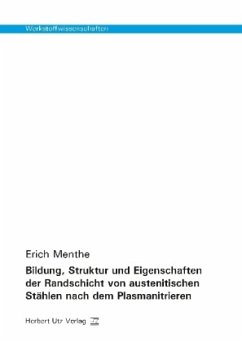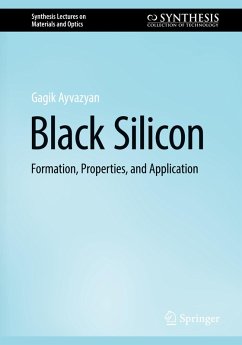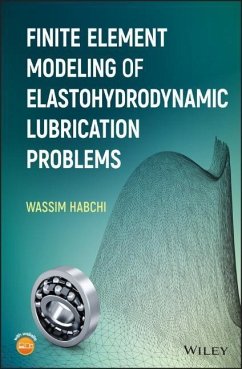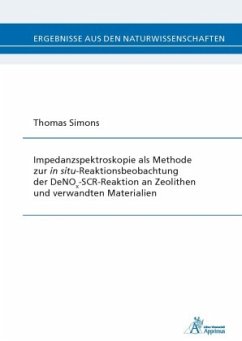
Metal-Responsive Base Pair Switching of Ligand-type Uracil Nucleobases
Versandkostenfrei!
Versandfertig in 6-10 Tagen
112,99 €
inkl. MwSt.
Weitere Ausgaben:

PAYBACK Punkte
56 °P sammeln!
In this thesis, the author proposes "metal-responsive base pair switching" of ligand-modified nucleobases as a novel tool for stimuli-responsive control of DNA assemblies. It is written to demonstrate broad applicability of the base pair switching in dynamic DNA nanotechnology and inspire researchers to use this technique. Based on specific interactions between ligand-type nucleobases and target metal ions, in this volume, DNA hybridization was dynamically controlled through strand displacement reactions. The base pair switching was further applied to develop metal-dependent DNA molecular mach...
In this thesis, the author proposes "metal-responsive base pair switching" of ligand-modified nucleobases as a novel tool for stimuli-responsive control of DNA assemblies. It is written to demonstrate broad applicability of the base pair switching in dynamic DNA nanotechnology and inspire researchers to use this technique. Based on specific interactions between ligand-type nucleobases and target metal ions, in this volume, DNA hybridization was dynamically controlled through strand displacement reactions. The base pair switching was further applied to develop metal-dependent DNA molecular machines. This novel strategy for stimuli-responsive regulation of DNA assemblies will greatly expand the scope of dynamic DNA nanotechnology. This volume uniquely features importance of elaborate molecular design based on chemistry for imparting stimuli responsiveness to DNA assemblies.












